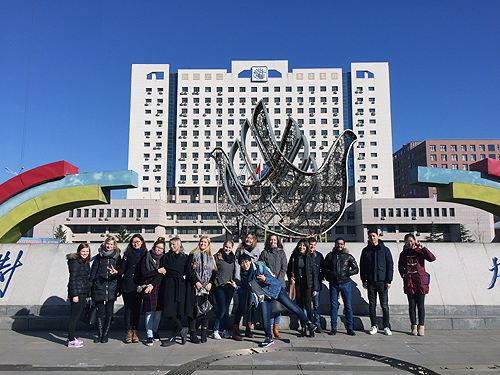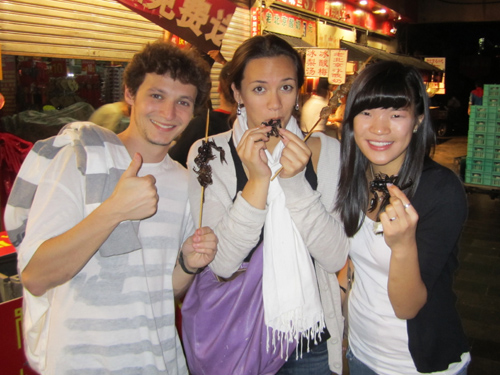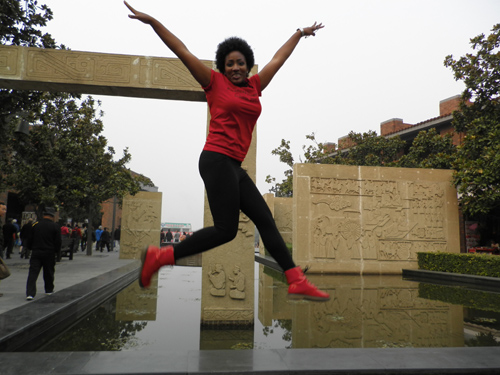CHINA UIBE
The University of International Business and Economics (UIBE), founded in 1951, is considered one of the top universities in China, known for its international business curriculum. UIBE also has one of the oldest Chinese as a Second Language programs on the mainland. The university is accredited by the State Education Commission of China. UIBE’s MBA program is recognized by the Board of Regents of the State University of New York.
UIBE offers Bachelor’s, Master’s and Doctorate degrees in International Business, Economics, Finance, Law, Diplomacy, Management and Languages. The student body consists of 20,000 undergraduates and graduates from 30 provinces in China. Approximately 1,500 international students study at the university.
The university is situated on a modern campus in the northeast district of Beijing, 15 minutes from the Imperial City and Tiananmen Square, Asian Games Village and Embassy center. The campus has a large array of facilities including lecture halls, computer labs, dormitories, cafeterias, recreation centers and a Chinese garden. The library is one of the largest in the country, hosting over 500,000 volumes, 160,000 of them in foreign languages. The athletic center consists of a soccer field, swimming pool, running track, basketball courts, work-out room and other sport facilities. Banks, restaurants, stores and social establishments are within walking distance from the campus.
UIBE has a historic and central role China’s economic, political and social developments. President Nixon’s 1972 visit to the University of International Business and Economics marks a historic point in USA-China relations. Nixon’s visit restored diplomatic ties between the United States and China after two decades of silence. As China develops economically, international corporations, venture capitalists and governing bodies, including the Ministry of Foreign Trade and Economic Cooperation, turn to UIBE’s faculty for research and advise.
Teaching & grading
Courses in China are usually conducted in lecture style, with less student interaction than in the USA. It is unusual for students to openly disagree with the professor. Chinese professors may view it as a challenge to their knowledge and authority. Despite the differences in educational values, students are expected to adapt to the teaching style in China.
Most business, political science and culture courses are taught in seminar-style, meeting once a week. English is the language of instruction for these courses.
Chinese language courses are taught using the immersion style. Chinese Speaking, Grammar, Comprehension and Composition courses are designed as a unit, each reinforcing the other.
Students are graded based on their performance in class, their ability to complete all coursework on time and exams and/or papers. Excessive absences will not be tolerated. Students may not take an exam earlier or later than scheduled without explicit permission from the Office of Teaching Affairs. For most courses, the final grade is based on the following:
- 30% for class participation
- 20% for the mid-term examination
- 50% for the final examination














